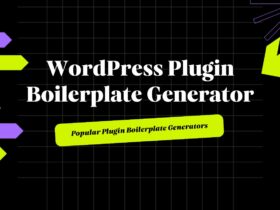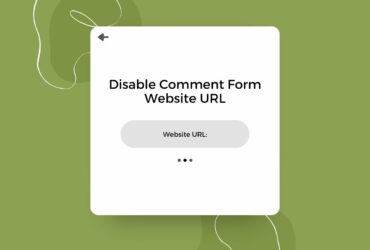One of the common concerns WordPress users have is whether inactive plugins impact their website’s speed. The short answer is: generally, no. Inactive plugins, by themselves, do not significantly slow down your WordPress site.
What Are WordPress Plugins?
When a visitor loads a page on your WordPress website, the system only loads active plugins. Inactive plugins are completely ignored during this process. Think of them as files sitting in a folder on your computer – they take up space, but they aren’t actively running or using resources. Therefore, having a large number of inactive plugins won’t directly affect how quickly your pages load.
However, while the performance impact of inactive plugins is minimal, there are a few important considerations:
Security Risks: Perhaps the most important reason to delete inactive plugins is security. Inactive plugins can become a security vulnerability if they contain undiscovered or unpatched flaws. Even though they are deactivated, they are still present on your server and could potentially be exploited. It’s best to remove plugins you no longer use to minimize potential security risks.
Storage Space: Even though inactive plugins aren’t running, they still occupy space on your web server. While the space used by individual plugins is usually small, a large accumulation of inactive plugins can eventually contribute to slower loading times, especially if your server is already nearing its storage capacity. It’s like having a cluttered attic – each item might be small, but together they can make it difficult to find what you need and slow you down.
Admin Area Performance: WordPress does check inactive plugins when you’re viewing the “Installed Plugins” page in your admin dashboard. However, this check is limited to reading the plugin’s header file, a small piece of information. It doesn’t load the entire plugin, so the impact on admin area speed is negligible.
Autoload Data: Some plugins, even when deactivated, might leave behind autoload data in your WordPress database (specifically, the wp_options table). This data can sometimes have a minor impact on loading times. While the effect is usually small, it’s worth considering.
Do Inactive Plugins Slowdown WordPress?
Deactivated or inactive plugins do not necessarily slow down WordPress.
That’s right, inactive plugins are in no way or another causing your WordPress website to slow down.
Recommendation
For optimal performance and security, the best practice is to delete plugins you no longer need, rather than simply deactivating them. This frees up server space, eliminates potential autoload data issues, and reduces your site’s security footprint. If you think you might need a plugin again in the future, consider downloading it before deleting it so you have a copy. While the impact of inactive plugins on speed is typically small, cleaning up your plugin list is a good housekeeping practice that contributes to a healthier and more secure WordPress website.
Is It Safe To Delete Inactive Plugins?
Though inactive plugins have nothing to do with slowing down your site, they still may cause vulnerabilities that can be exploited by hackers.
WordPress plugins are executable files, that can get infected or can be used to install malware on your site.
It is also advisable not to keep inactive plugins on your WordPress website. You want to keep your site tidy and beware of unwanted plugin updates.
To delete inactive plugins, all you have to do is visit the inactive plugins as mentioned above and then click on the Delete link.
That’s it.
The Bottom Line
Inactive plugins are generally not the primary cause of a slow WordPress website. They don’t actively run and therefore don’t directly consume resources during page loads. However, they do take up server space, might leave behind autoload data, and, most importantly, pose a security risk.
Disclosure: Some of the links on the page may contain a ref code (affiliate links), that tells the other side that we have sent you. If you liked what we suggest and you make a purchase, we may receive a commission.











Leave a Reply